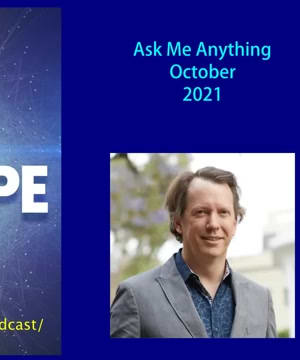Cosmological Argument
Sources:
The cosmological argument has been widely discussed and analyzed by various scholars. Here are some insights from experts on the subject:
-
Sean Carroll discusses the limitations of the cosmological argument, particularly the idea that certain questions, such as "Why is there something rather than nothing?", may not have a sensible answer. He argues that attributing necessity to any existence, including mathematical structures or a divine creator, often does not address the deeper existential inquiries satisfactorily 1.
-
Jack Symes explains the Kalam cosmological argument, which posits that everything that begins to exist has a cause, including the universe. This leads to the deduction of a cause outside time and space, which some argue is a strong reason for believing in a divine entity. Symes also mentions the fine-tuning argument, which emphasizes the improbability of specific conditions in the universe necessary for life as indicative of intelligent design 2.
-
Stephen West provides a critique from David Hume's perspective, who challenges the assumptions that the universe had a definite beginning and that a creator necessary for the universe must have certain attributes like being nonphysical and eternal. Hume argues that these assumptions are projections of human concepts onto the cosmos 3.
For further listening, consider the full episodes:
These sources provide a comprehensive view of the philosophical debates surrounding the cosmological argument.
RELATED QUESTIONS-

